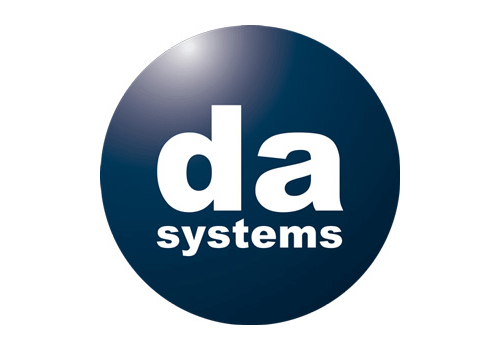
Budget restrictions could create technology capability gap

Results of a recent survey by DA Systems into attitudes towards technology amongst firms within the UK transport and logistics industries highlighted that whilst the majority believed in the importance of technology to create a superior service offering, getting access to the financial and operational backing required to make the necessary investments still remains an issue for many companies. 88% of companies participating in the research agreed that technology was an essential source of competitive differentiation, yet over 50% of respondents revealed that they have yet to introduce real-time track and trace capabilities, although it was high on their wish lists of process improvements. This ‘relaxed’ attitude towards implementing new technology was further highlighted by the finding that 58% of delivery fleets are not using mobile data services to enhance driver information and provide real-time job monitoring capabilities. Budgetary constraints may be a key factor behind the lack of technological investment, because 80% of respondents cited budget restrictions as the main barrier.
According to DA Systems, these findings highlight that companies are failing to make the connection between the introduction of technology and an ability to generate additional revenue to offset the initial investment costs. This can be achieved through operational savings from paperless working and by improving service levels to ultimately become a delivery partner of choice amongst consumers.
“The research showed up some surprising results, for instance, companies understand the role technology needs to play but have some way to go to making the investments required. And clearly, although there is a perception that ePOD (electronic proof of delivery) is a mature market, many within the industry remain reliant on paper based proof of delivery processes, which cannot be good for profit levels,” says David Upton, Managing Director of DA Systems.
Returning to the survey findings, although business confidence is improving, costs remain a concern and this was reflected in the improvements respondents cited they would like to make to delivery processes. 88% said reducing driven mileage and fuel consumption was a priority, followed by improving driver behaviour monitoring (47%) and reducing the total number of hours worked by implementing efficiency improvements (also 47%).
Demonstrating the business impact of controversial BYOD (bring your own device) IT policies within the transport sector, 53% of companies who were using POD solutions (proof of delivery) said they were considering the possibility of allowing their drivers to use smartphones instead of traditional rugged devices.
E-commerce has undoubtedly had a big impact on the UK’s transportation sector and this trend continues. Nearly 1/3 of the companies surveyed (28%) believed that the free click and collect services offered by retailers were ‘a possible threat to a courier’s delivery business from e-commerce orders’. This finding can be further verified by the recent launches of new sameday or special Sunday deliveries by major delivery firms working with e-commerce companies, again demonstrating the need to continue improving service levels to compete with increased consumer expectations for faster deliveries and the growing popularity of click and collect.
When given a wish list of improvements they would like to make to their own service offering, ensuring the highest level of customer satisfaction was clearly an ongoing business priority. Almost three quarters (70%) of the survey respondents said they would like to offer an estimated delivery ETA messaging capability and have the ability to send an email or text to recipients alerting them to expect their delivery at a particular time of day. A further 41% said they would like to allow recipients to change the delivery drop location for convenience.
And yet whilst these service improvements may be high on the business improvement agenda, continuing budget restrictions and a perception amongst budget holders that this type of technology is potentially being seen as a ‘nice to have’ by some, could result in a gap forming between the smaller independent transport providers and larger operators with greater resources to invest in new technology.
“It is clear from the findings that delivery firms have not understood the potential to reduce costs and generate additional profits as a result of investing in technology and working more efficiently. Being constrained by budgets is a short-sighted view because the business case for an investment in proof of delivery software, or a messaging system that notifies consumers with an ETA for their parcel deliveries, will deliver an immediate return,” concludes David Upton.













